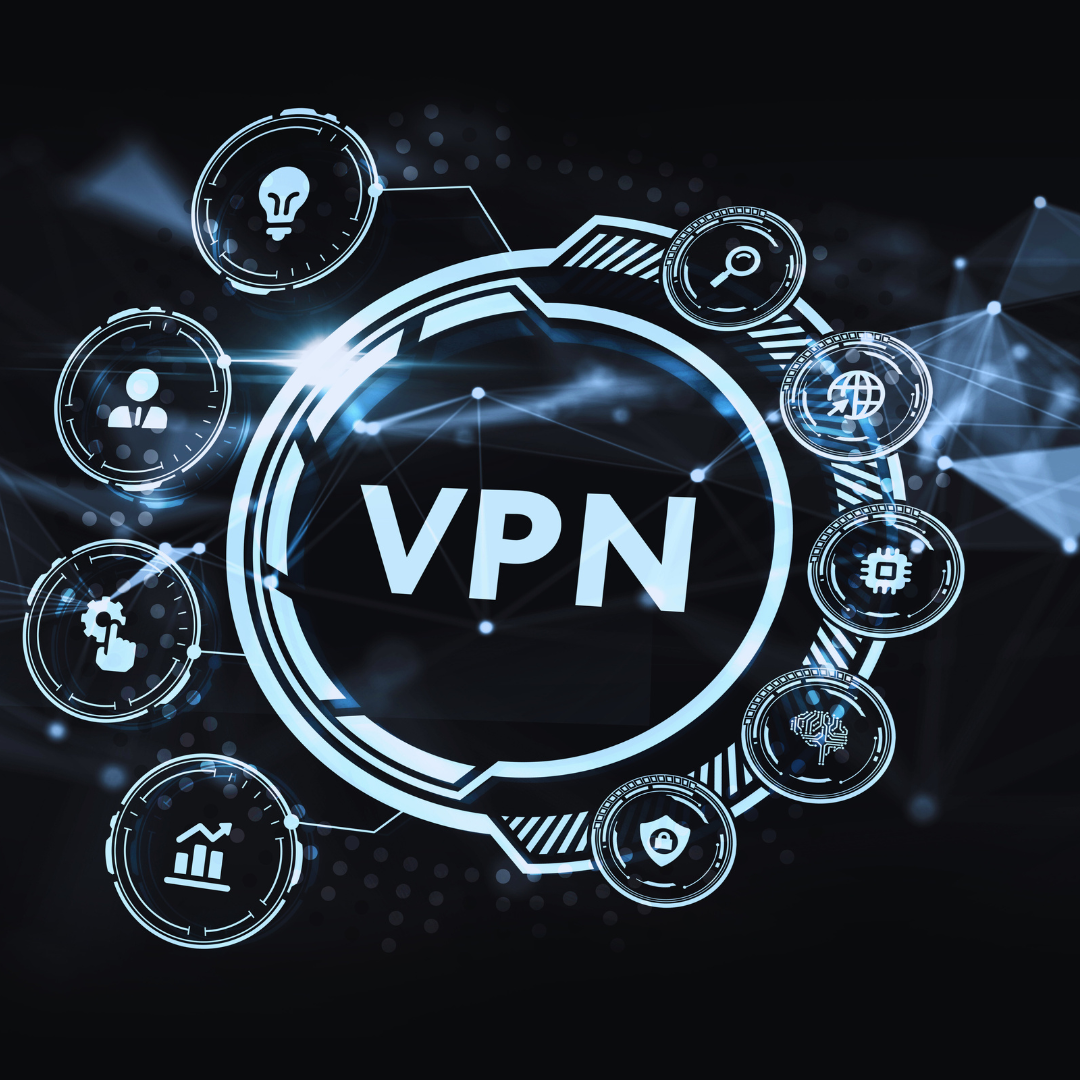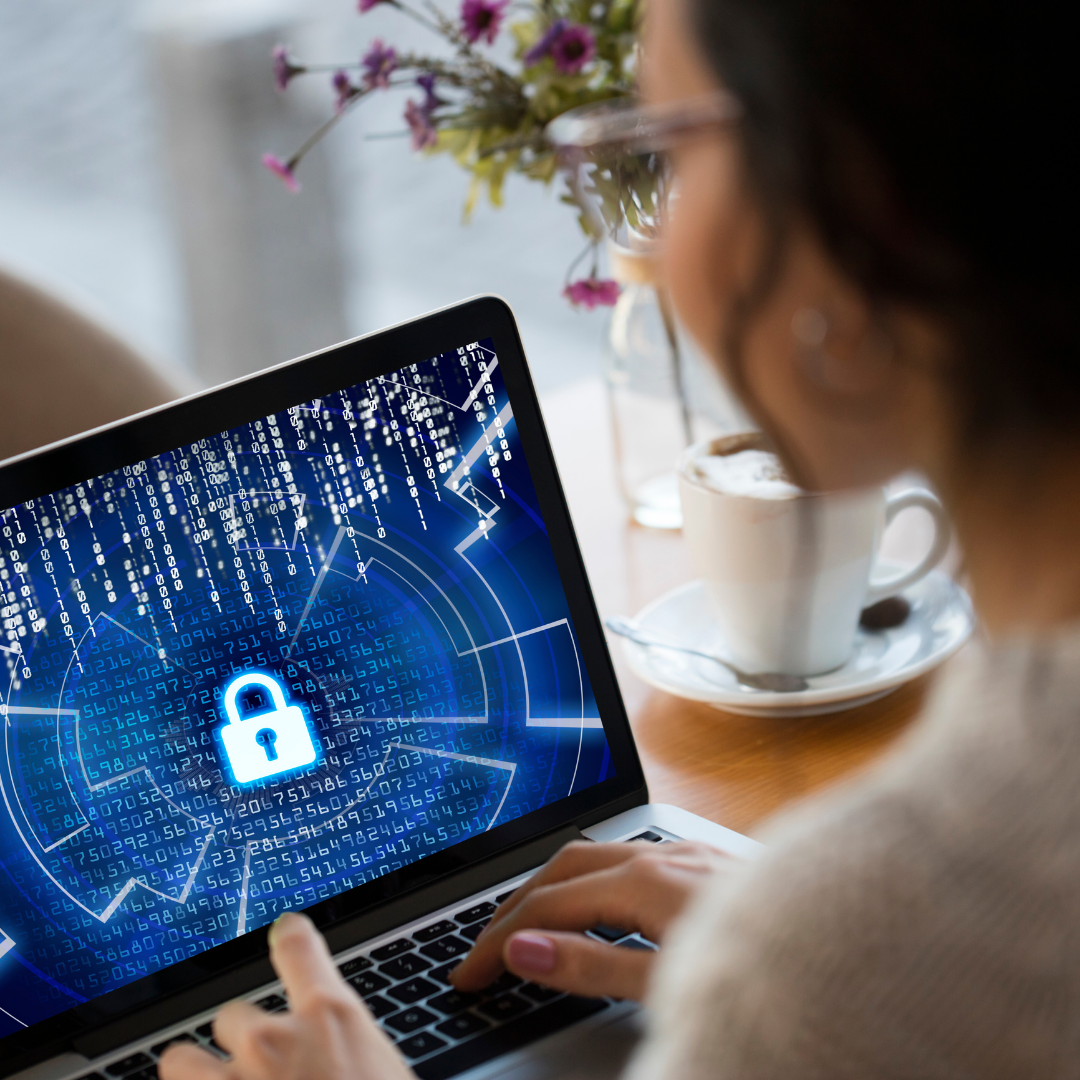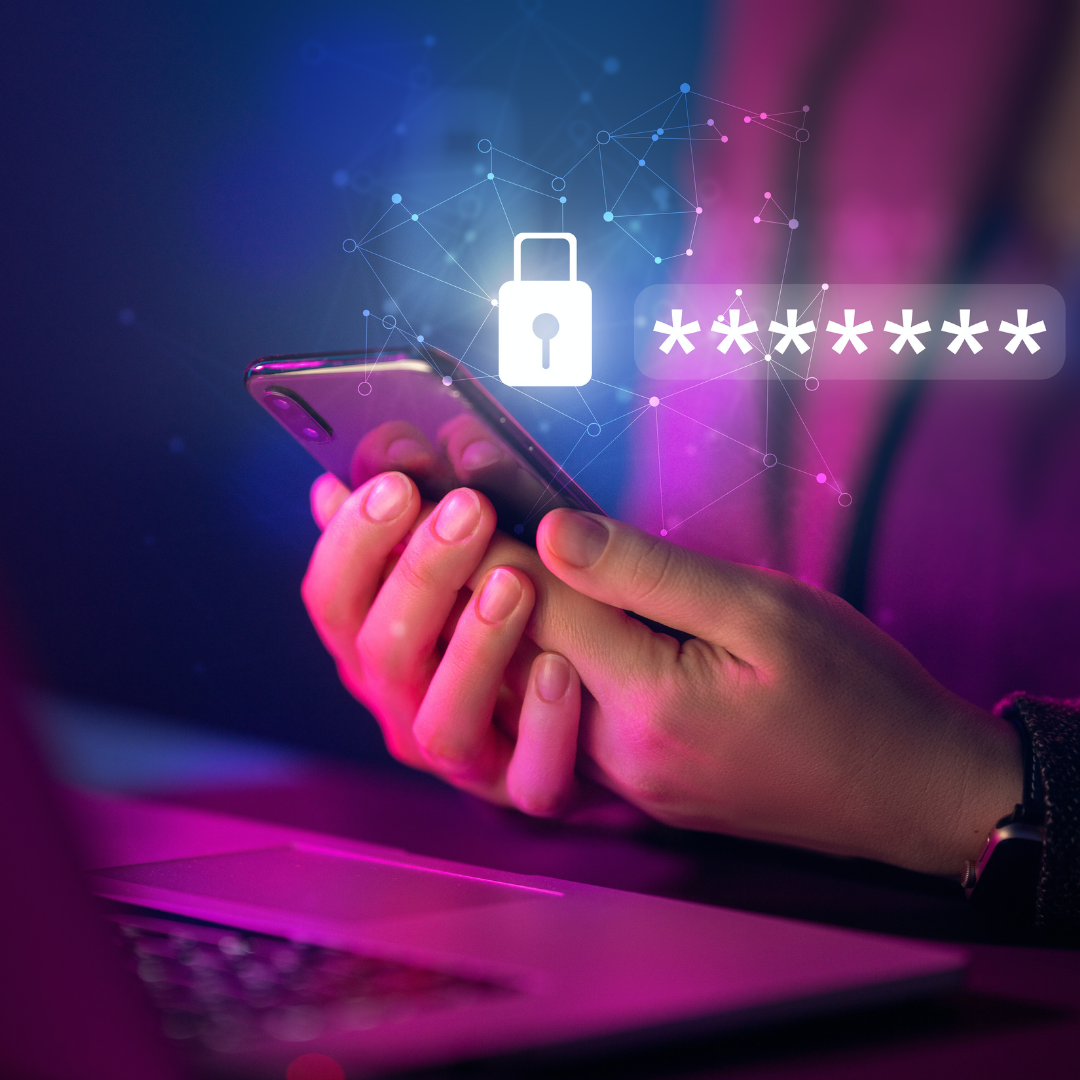In an increasingly digital world, protecting personal data has become essential. With each online interaction, individuals leave a trail of data that can be exploited if not carefully managed. Employing strong passwords, using two-factor authentication, and being cautious with sharing information are fundamental steps to enhance online privacy and security.
Many people underestimate the importance of scrutinising privacy settings on social media platforms and online services. Regularly reviewing these settings helps users control who accesses their personal information. Additionally, utilising reliable antivirus software and ensuring devices are up to date can significantly reduce the risk of data breaches.
Awareness of phishing scams and malicious links is crucial. Regular education on recognising these threats empowers individuals to make informed choices, safeguarding their data from potential harm. Adopting these practices can help create a safer online environment for everyone.
Understanding The Importance Of Protecting Personal Data Online
Protecting personal data online is critical because of the increasing amount of sensitive information shared through various platforms. Awareness of the value of this data and the risks associated with its exposure can help individuals safeguard their privacy effectively.
The Value Of Personal Information
Personal information encompasses a range of data, including names, addresses, email accounts, and financial details. This information, if collected and used by malicious actors, can lead to severe consequences.
For individuals, this data can be used to access accounts, steal identities, or commit fraud. Businesses also hold significant value in personal data, as customer information is crucial for marketing. Protecting such sensitive information is essential to preventing misuse and maintaining trust.
Common Security Risks And Threats
Various security risks threaten personal data online. Phishing attacks, where scammers impersonate legitimate entities to steal credentials, are prevalent. Victims may unknowingly provide sensitive information, leading to identity theft.
Additionally, unsecured Wi-Fi networks pose significant risks. When connecting to public networks, personal data can be intercepted easily. Malware and ransomware also target users, encrypting personal files and demanding payment for their release. Awareness of these threats is vital for users to take preventive measures.
Consequences Of Data Breaches
Data breaches can have devastating effects on individuals and organisations. When personal data is compromised, it opens the door to identity theft and fraud. Victims may face financial loss, emotional distress, and prolonged recovery efforts.
For businesses, the fallout from a data breach often includes legal actions, regulatory penalties, and reputational damage. Companies may spend significant resources on recovery and damage control, which could have been prevented with robust security measures. Understanding these consequences drives home the necessity of protecting personal information.
Essential Ways To Secure Your Personal Information
Protecting personal data online requires a multifaceted approach. Key methods include creating strong passwords, utilising two-factor authentication, and managing privacy settings on digital platforms. Each strategy plays a crucial role in safeguarding personal information.
Using Strong Passwords And Password Managers
Creating strong passwords is fundamental in the fight against unauthorised access. A strong password should be at least 12 characters long and include a mix of letters, numbers, and special symbols. Avoid using easily guessable information such as birthdays or common words.
Password managers can simplify this process. They securely store passwords and generate complex ones, ensuring unique passwords for different accounts. This reduces the risk of a domino effect if one password is compromised. Popular password managers include LastPass, 1Password, and Bitwarden.
Activating Two-Factor Authentication
Two-factor authentication (2FA) significantly enhances security. By requiring a second form of verification beyond the password, it adds an additional layer of protection. This could involve a text message, an email confirmation, or an authentication app like Google Authenticator.
Many platforms, including Facebook and banking sites, offer 2FA. Users should enable this feature wherever possible. It helps prevent unauthorised access even if a password is compromised, making it a vital step in securing personal data.
Managing Privacy Settings On Digital Platforms
Privacy settings play a crucial role in controlling who has access to personal information online. Users should regularly review and adjust these settings on platforms like Facebook, Twitter, and Instagram. This includes limiting who can see posts, friend requests, and even personal contact information.
Additionally, it’s essential to understand what data platforms collect and how it may be used. Opting out of data collection or sharing features can reduce exposure to unwanted use of personal data. Regularly revisiting privacy settings ensures continued protection as platforms update their policies.
Protecting Against Scams And Online Threats
Safeguarding personal data online includes recognising potential scams and employing safe practices, especially when using public networks. Awareness and sensible habits are crucial for protecting oneself against various online threats.
Recognising And Avoiding Phishing Scams
Phishing scams are deceptive attempts to acquire sensitive information through fraudulent emails, messages, or websites. To avoid falling victim to these scams, individuals should look for common signs.
Key indicators include:
- Suspicious email addresses: Check for slight misspellings or strange domains.
- Urgent language: Be wary of messages that create a sense of urgency.
- Poor grammar: Many phishing attempts contain spelling errors or awkward phrasing.
Always verify the source before clicking links or providing personal data. One effective method is to hover over links to see their true destination. Using security software that can warn about phishing sites is also advisable.
Safe Use Of Public Wi-Fi Networks
Public Wi-Fi networks can be convenient but are often unsecured, making them a prime target for fraudsters. When using these networks, individuals should take precautions to protect their data.
Tips for safe usage include:
- Avoiding sensitive transactions: Refrain from accessing online banking or entering personal information while on public networks.
- Using a VPN: A Virtual Private Network encrypts data, adding a layer of security.
- Forget the network: After use, make sure to disconnect and forget the public network, preventing automatic connections in the future.
By being cautious, users can significantly reduce the risk of identity theft when utilising public Wi-Fi.
Navigating Social Engineering And Scams
Social engineering involves manipulation techniques that trick individuals into revealing confidential information. This may occur via phone calls, emails, or in person.
To safeguard against social engineering:
- Verify identities: Always confirm the identity of individuals requesting information. Use official contact numbers rather than those provided.
- Be sceptical of unsolicited requests: Any unexpected request for personal data should be treated with suspicion.
- Educate about common tactics: Awareness of typical scams can empower individuals to recognise and avoid potential threats.
By implementing these strategies, people enhance their security and mitigate the risks associated with social engineering tactics.
Advanced Strategies For Online Privacy
Maintaining online privacy requires implementing advanced strategies that focus on data protection. These methods not only enhance security but also empower users to manage their sensitive information more effectively.
Encryption And Secure Communication
Encryption is a critical tool for protecting personal data online. It converts readable data into an unreadable format, making it difficult for unauthorised users to access it. When using emails and messaging apps, users should look for options that offer end-to-end encryption, such as Signal or ProtonMail.
Additionally, employing Virtual Private Networks (VPNs) can secure internet connections. A VPN encrypts data transmitted over networks and masks the user’s IP address, providing anonymity. It is crucial to choose reputable VPN services that do not log user activity.
Key Points:
- End-to-end encryption for communications
- Use of VPNs for privacy and anonymity
Understanding Privacy Policies And GDPR
A clear understanding of privacy policies is essential for navigating online services safely. Users should carefully read these documents before agreeing to terms. This will help them recognise how their data is collected, used, and shared.
The General Data Protection Regulation (GDPR) offers significant rights to users in the EU. It requires organisations to handle personal data responsibly and allows individuals to request access to their information. Users should know their rights under GDPR to ensure their data is protected adequately.
Key Points:
- Read privacy policies thoroughly
- Know rights under GDPR for data handling
Monitoring For Data Leaks And The Dark Web
Regular monitoring for data leaks is a vital aspect of online safety. Users can employ tools like Have I Been Pwned to check if their email addresses have been compromised in data breaches. If a leak is detected, changing passwords immediately is crucial.
The dark web is a hidden part of the internet where stolen data is often bought and sold. Users should remain vigilant about their sensitive information showing up in these marketplaces. Services like dark web monitoring can alert individuals if their data is found in these unauthorised spaces.
Key Points:
- Use tools to check for data breaches
- Monitor the dark web for stolen information




